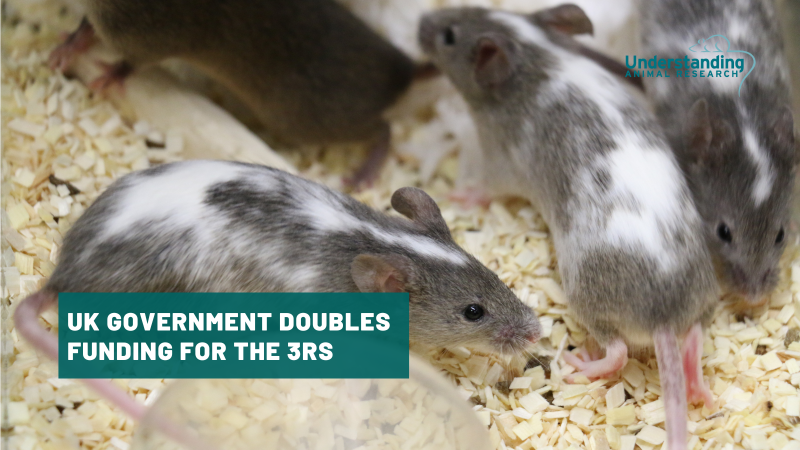Text to go here...
 Leading research organisations have responded to misleading claims made by an antivivisection group in its recent letter to the Lancet.
Leading research organisations have responded to misleading claims made by an antivivisection group in its recent letter to the Lancet.
The 10 organisations led by Understanding Animal Research represent both academic and commercial research. Replying in the Lancet today, they explain why animal research is vital in the development and testing of treatments for serious conditions ranging from cancers to dementia. They cite a recent example in which research using mice, stem cells and a protein drug showed how the heart may be able to repair itself. They state: 'It is essential for all doctors, patients, regulators and the bioscience sector globally that new medicines are safe and effective. Sound and sophisticated science is used at all stages of research into health and disease, and in the development of new treatments.'
The letter stresses that animal research and testing is essential for understanding normal and disease processes and that nobody is permitted to use animals where there is a viable alternative. Currently, animal safety tests are a necessary part of the testing of all new medicines.
Professor Frances Balkwill, Chair of Understanding Animal Research, said: 'We need to refute the antivivisection myth that adverse drug reactions are somehow caused by reliance on animal-based safety tests. In fact, new medicines are tested on far more people than animals. The majority of serious side-effects are predictable and avoidable. If medicines were taken according to prescribing information and the prescribers knew about other medicines being taken by the patient, many serious problems could be avoided.'
In a separate letter to the Lancet, Anjan Banerjee of Risk Management, Drug Safety and Regulatory Practice, acknowledges the shortcomings in testing new 'biological' medicines. These are well documented in the Duff Report. This is the report of an Expert Scientific Group set up following the serious adverse reactions that happened in 2006 when the experimental drug TGN1412 was given to people in a Phase 1 clinical trial. In such cases, better non-animal models have potential, but he cautions that these require careful testing and validation, and concludes that we need a new testing 'framework'.
Today's letter to the Lancet signed by 10 research organisations concludes: 'Millions of people are alive today thanks to medical advances. Despite these efforts there are still diseases without adequate treatments – for example dementia, many cancers and heart failure.'
Last edited: 11 January 2022 13:16




